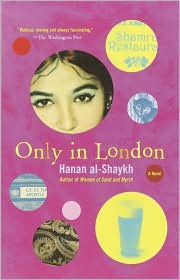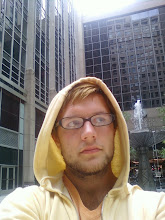
In my Asian Literature class we have been reading some Arabic writers as of late and one that we came across that also showed up in my reading list for this class was Ghassan Kanafani. We read All That’s Left to You in class and discussed it. It was a novella of sorts and then a collection of other short stories that would have been influential in our own class I think if we would have looked at them. They gave very detailed glimpses into the everyday average life of people in the Arabic nations. Folk tales and just everyday occurrences that we really have not gotten to look at too much. The title story though was a very interesting tale about a brother and sister who live together than have a falling out when the sister becomes impregnated by a less that desirable character. The brother, Hamid, has no choice but to marry his sister Maryam to the swine Zakkaria. The story is told in three different narratives, one being Hamid’s which is in bold face type, Maryam’s which is the regular type and the desert/time which holds the italics type. The three different story lines all verge on the same principle that time is all that’s left to you in this world when you have nothing left at all. How much time passes between a breath, a blink of an eye or a sunrise is what you have to hold on to when you have nothing left. The time it takes Hamid to cross the desert, or the time it takes for Zakkaria’s blood to drain from his body after Maryam stabs him. Time is the driving force in much of society and when you have nothing, it’s all that you have left to you.



















